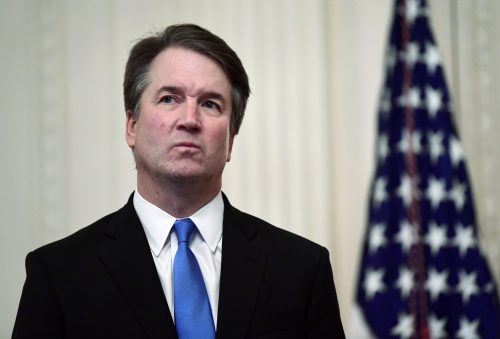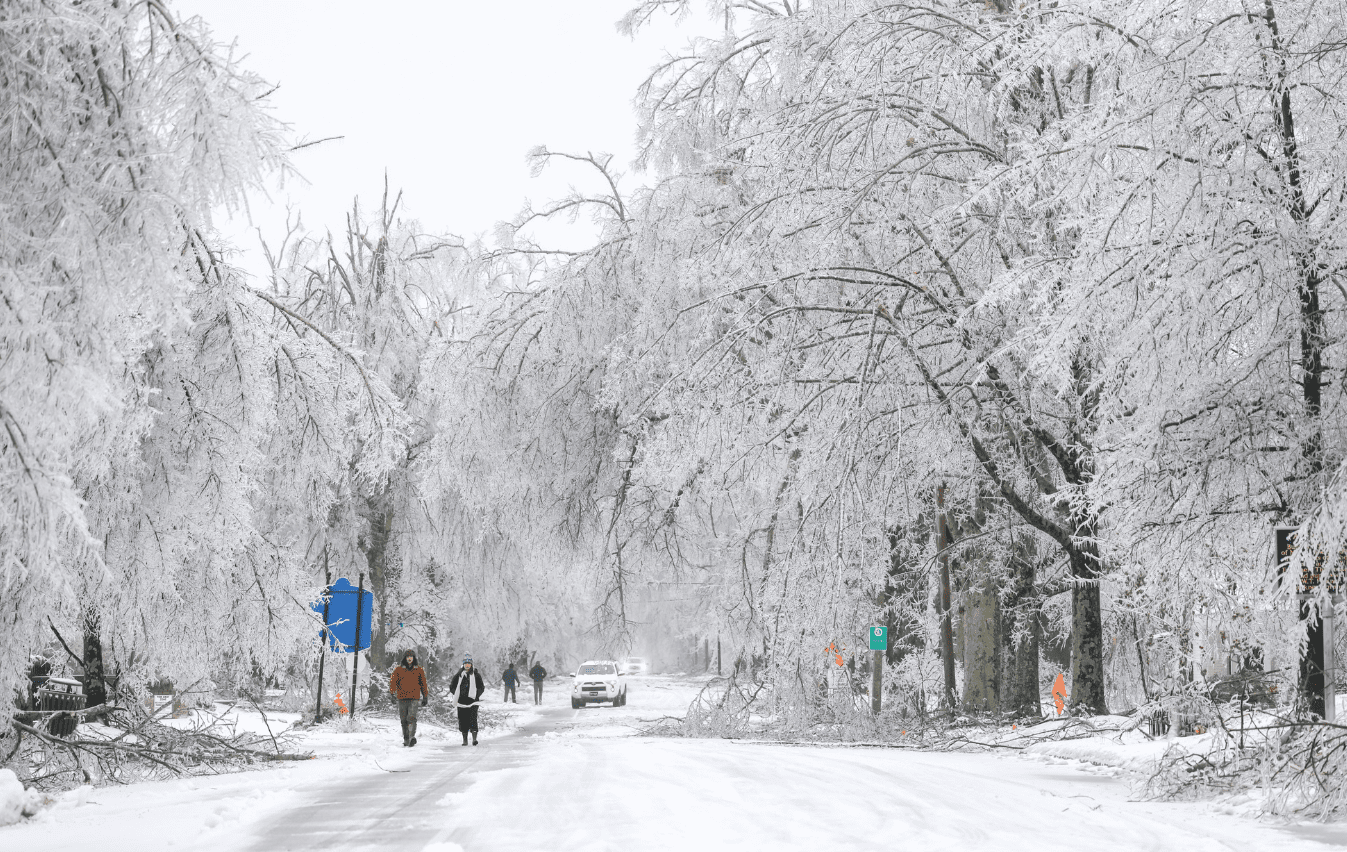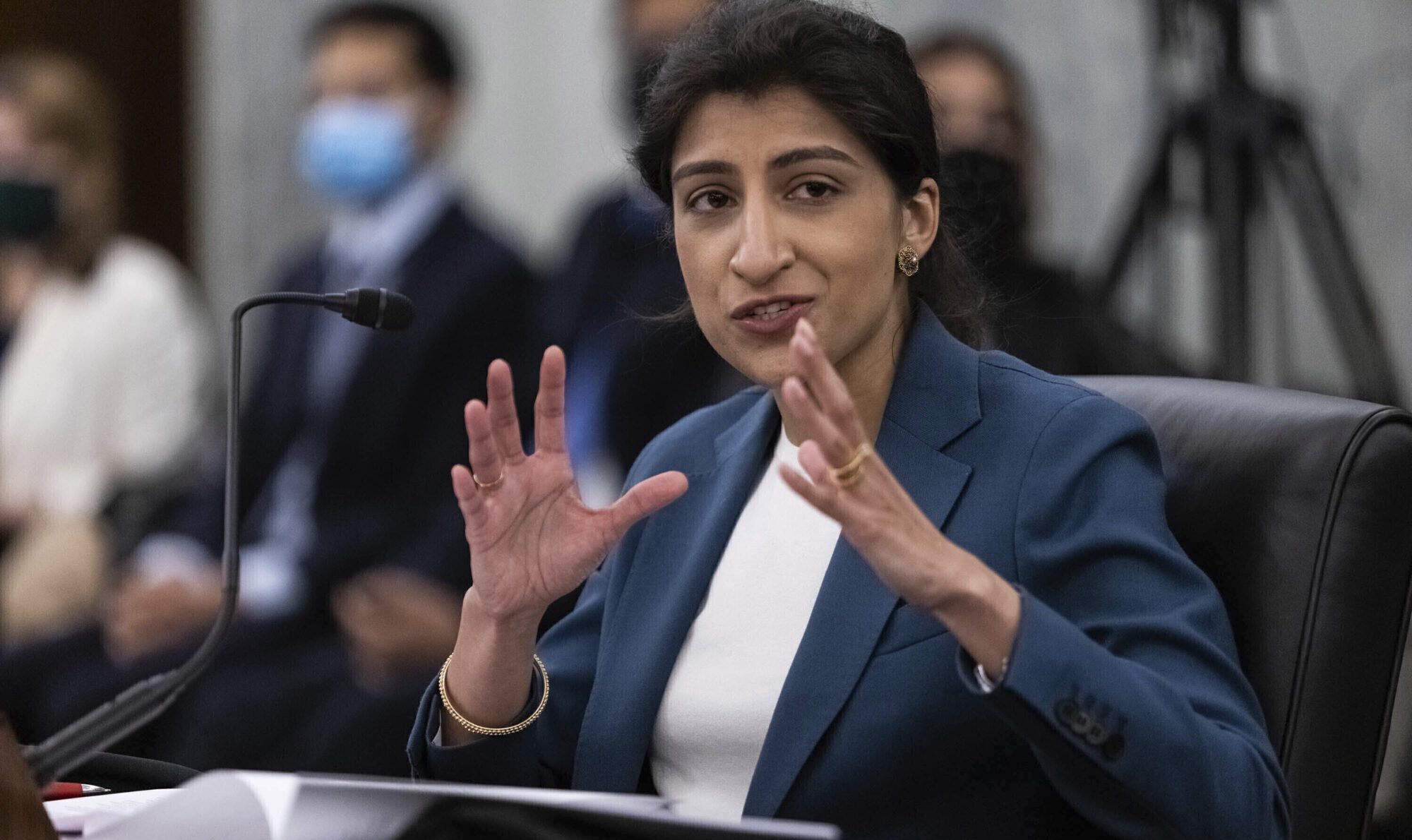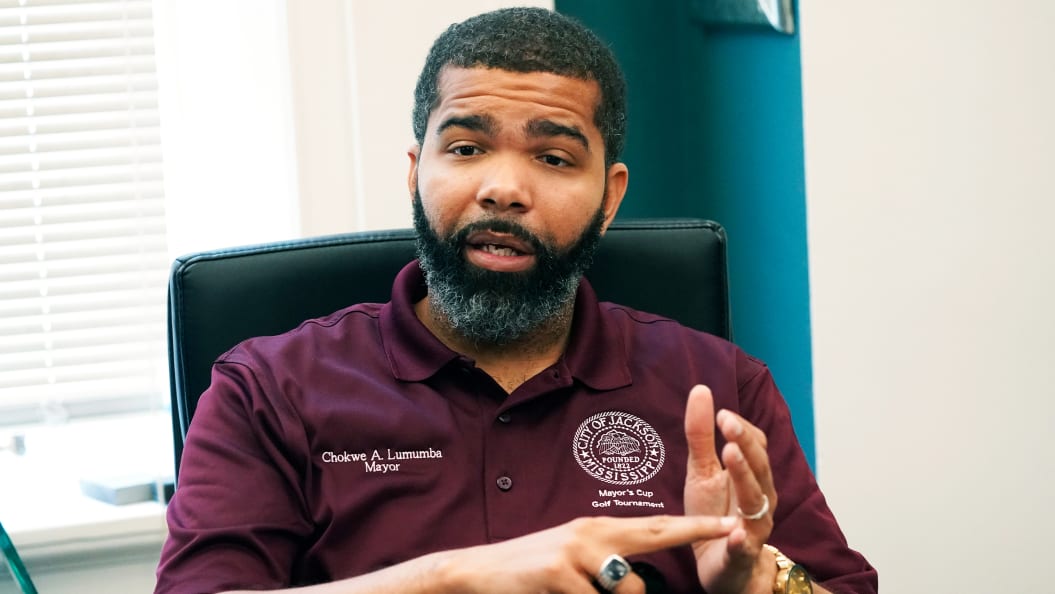
(AP Photo/Susan Walsh - OCT. 8, 2018 FILE PHOTO)
Today in History:
On July 9, 2018, President Donald Trump chose Brett Kavanaugh, a solidly conservative, politically connected federal appeals court judge, for the Supreme Court to fill the seat left vacant by the retirement of Justice Anthony Kennedy. (Kavanaugh would be confirmed in October after a contentious nomination fight.)
On this date:
In 1776, the Declaration of Independence was read aloud to Gen. George Washington’s troops in New York.
In 1918, 101 people were killed in a train collision in Nashville, Tennessee. The Distinguished Service Cross was established by an Act of Congress.
In 1937, a fire at 20th Century Fox’s film storage facility in Little Ferry, New Jersey, destroyed most of the studio’s silent films.
In 1943, during World War II, the Allies launched Operation Husky, the invasion of Sicily.
In 1944, during World War II, American forces secured Saipan as the last Japanese defenses fell.
In 1947, the engagement of Britain’s Princess Elizabeth to Lt. Philip Mountbatten was announced.
In 1965, the Sonny & Cher single “I Got You Babe” was released by ATCO Records.
In 1982, Pan Am Flight 759, a Boeing 727, crashed in Kenner, Louisiana, shortly after takeoff from New Orleans International Airport, killing all 145 people aboard and eight people on the ground.
In 2004, a Senate Intelligence Committee report concluded the CIA had provided unfounded assessments of the threat posed by Iraq that the Bush administration had relied on to justify going to war.
In 2010, the largest U.S.-Russia spy swap since the Cold War was completed on a remote stretch of Vienna airport tarmac as planes from New York and Moscow arrived within minutes of each other with 10 Russian sleeper agents and four prisoners accused by Russia of spying for the West.
In 2012, facing sagging jobs numbers, President Barack Obama sought to recast the November election as a fight over tax fairness, urging tax cut extensions for all families earning less than $250,000 but denying them to households making more than that. The remains of six U.S. airmen lost over Laos in 1965 were laid to rest in a single casket at Arlington National Cemetery. Detroit’s Prince Fielder became only the second player, after Ken Griffey Jr., to win multiple titles in the All-Star Home Run Derby, thrilling the crowd at Kauffman Stadium with eight splash shots into the right-field fountain and beating Toronto’s Jose Bautista 12-7 in the final.
In 2015, South Carolina Gov. Nikki Haley relegated the Confederate flag to the state’s “relic room” after the legislature passed a measure removing the flag from the grounds of the Statehouse in the wake of the slaughter of nine African-Americans at a church Bible study.
In 2017: A cease-fire arranged by the United States, Russia and Jordan took effect in three war-torn provinces of southern Syria. Iraqi Prime Minister Haider al-Abadi (HY’-dahr ahl ah-BAH’-dee) celebrated with Iraqi troops in Mosul after they drove Islamic State militants from some of their last strongholds.
In 2018, President Donald Trump chose Brett Kavanaugh, a solidly conservative, politically connected federal appeals court judge, for the Supreme Court to fill the seat left vacant by the retirement of Justice Anthony Kennedy. (Kavanaugh would be confirmed in October after a contentious nomination fight.)
In 2020, New York Mayor Bill de Blasio used a roller to help paint “Black Lives Matter” in front of President Donald Trump’s namesake Manhattan tower. The Supreme Court ruled in favor of a New York prosecutor’s demands for Trump’s tax records.
In 2021: Relaxing its COVID-19 guidelines, the Centers for Disease Control and Prevention said vaccinated teachers and students did not need to wear masks inside school buildings. The White House said President Joe Biden told Russian President Vladimir Putin in a phone call that Putin must “take action” against cybercriminals in his country, and that the U.S. reserved the right to “defend its people and its critical infrastructure” from future attacks.











